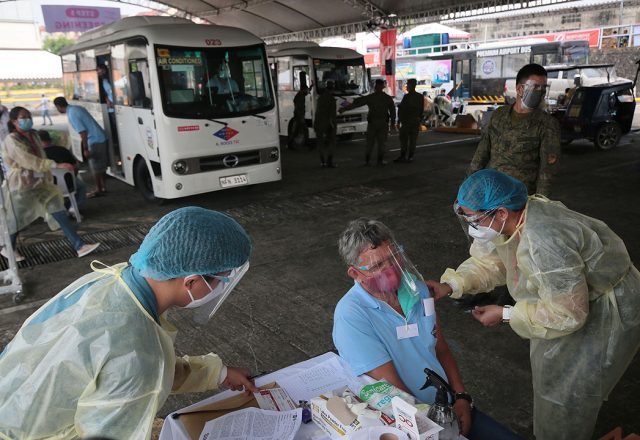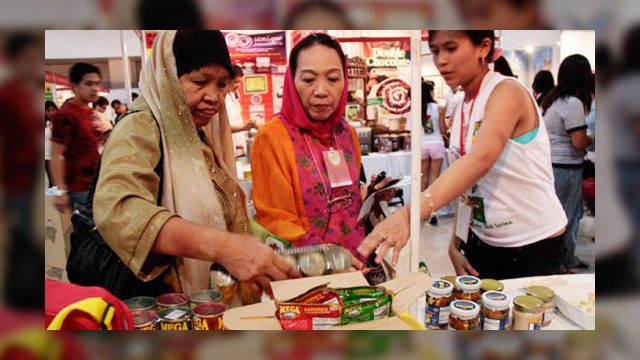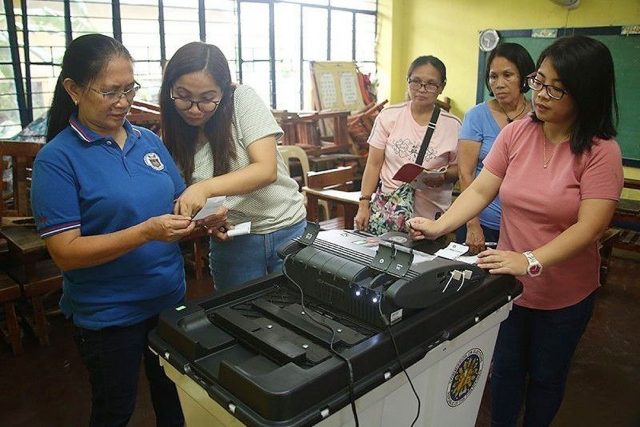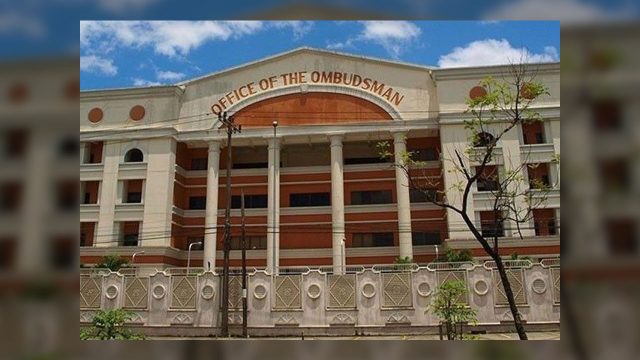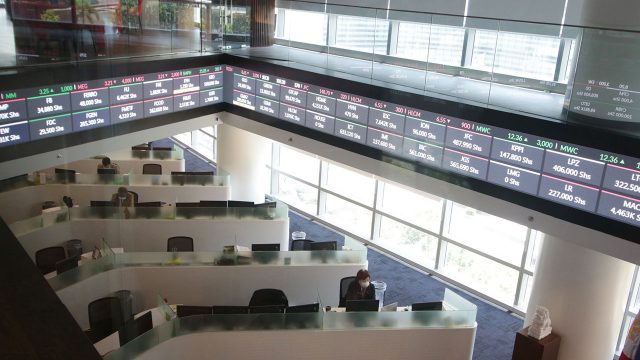FDA says only 0.0017% of fully vaccinated Pinoys infected with COVID-19
THE FOOD and Drug Administration (FDA) on Thursday said only 243 out of 13.8 million fully vaccinated Filipinos had been infected with the coronavirus as of Aug. 29.
That is 0.0017%, which is very low and within global standards, FDA chief Rolando Enrique D. Domingo told a televised news briefing. He added that it showed that the benefits of getting vaccinated against the coronavirus far outweigh the risks.
At least five fully vaccinated people have died, he said. The patients were either old or were seriously ill.
Mr. Domingo said 60,703 people had experienced adverse effects after getting a shot, 2,083 of whom had experienced serious effects.
The FDA chief said one of 200 Filipinos who got the vaccine made by AstraZeneca Plc had experienced adverse effects, including body pains, pain on the injection site, fever and a heavy feeling.
The Department of Health (DoH) reported record 22,820 coronavirus infections on Thursday night, bringing the total to 2.16 million.
The death toll rose to 34,733 after more patients died, while recoveries increased by 12,337 to 1.96 mollion, it said in a bulletin.
There were 166,672 active cases, 87% of which were mild, 8.3% did not show symptoms, 1.4% were severe, 2.65% were moderate and 0.7% were critical.
DoH said 108 duplicates had been removed from the tally, 96 of which were tagged as recoveries, while 29 recoveries were reclassified as deaths. Five laboratories failed to submit data on Sept. 7.
Meanwhile, Mr. Domingo said children would get vaccinated against the coronavirus once the country gets enough vaccines.
Earlier in the day, the Quezon City government said 99 children in an orphanage had been infected with the coronavirus.
The outbreak in Gentle Hands Orphanage in Bagumbayan village followed a visit by a positive adult who did not show symptoms, according to state media.
The World Health Organization has been urging advanced countries to suspend a plan to give out booster shots until at least the end of the year to ensure supplies for poor countries.
Health Secretary Francisco T. Duque III earlier told a House committee hearing the Budget department had cut the agency’s proposed P104-billion budget for booster shots next year to P45 billion.
Meanwhile, Socioeconomic Planning Secretary Karl Kendrick T. Chua told a Senate hearing a plan to let fully vaccinated people move more freely during a lockdown might be enforced in Metro Manila.
“Perhaps we can have it across the board, across the National Capital Region, in a gradual process,” he said.
The government seeks to fully vaccinate 70% of the target population against the coronavirus in high-risk areas by the end of October, according to the country’s vaccine czar.
These places include the National Capital Region, Metro Cebu, Metro Davao, Iloilo City, Cagayan de Oro City, Central Luzon and the Calabarzon region, vaccine czar Carlito G. Galvez, Jr. told lawmakers at a House of Representatives hearing on Thursday.
“This is a very bold target,” he said, adding that its success would depend on the availability of vaccines.
Mr. Galvez on Wednesday said the state would raise its herd immunity target to as much as 90% of the population to protect people from a more contagious Delta coronavirus variant.
Citizens are indirectly protected from an infectious disease when more people become immune, either through vaccination or a previous infection. It makes the spread of the disease from person to person unlikely.
Mr. Galvez also said during the House hearing the government had taken delivery of 52.79 million vaccine doses, 17.12 million doses of which were donated and 35.67 million were bought.
He said 61.5 million more doses, including 28 million from Pfizer, Inc. and 22 million from Sinovac Biotech Ltd. would arrive as early as this month.
Of the 25 million vaccines to be given out this month, 3.81 million doses would be allotted to Calabarzon while 3.06 million doses will be sent to Central Luzon.
Meanwhile, at least a million doses will mostly be given to various regions in the Visayas and Mindanao. Mr. Galvez said 15.84 million Filipinos have been fully vaccinated.
Also on Thursday, Finance Secretary Carlos G. Dominguez said delays in vaccine deliveries are beyond their control.
He told a Senate hearing the Finance department had paid for 195.67 million vaccine doses to cover 100 million Filipinos, including children aged 12 to 17.
The Finance chief said the vaccination drive would depend on the arrival of the vaccines. “We have to trust that they step up to the plate,” he said of vaccine suppliers.
“We are at the mercy of the suppliers of the vaccines,” Senator Maria Lourdes Nancy S. Binay-Angeles told a hearing attended by economic managers. — Kyle Aristophere T. Atienza, Russell Louis C. Ku and Alyssa Nicole O. Tan
ERRATUM: An early version of this story incorrectly put the ratio in the title and lead.

